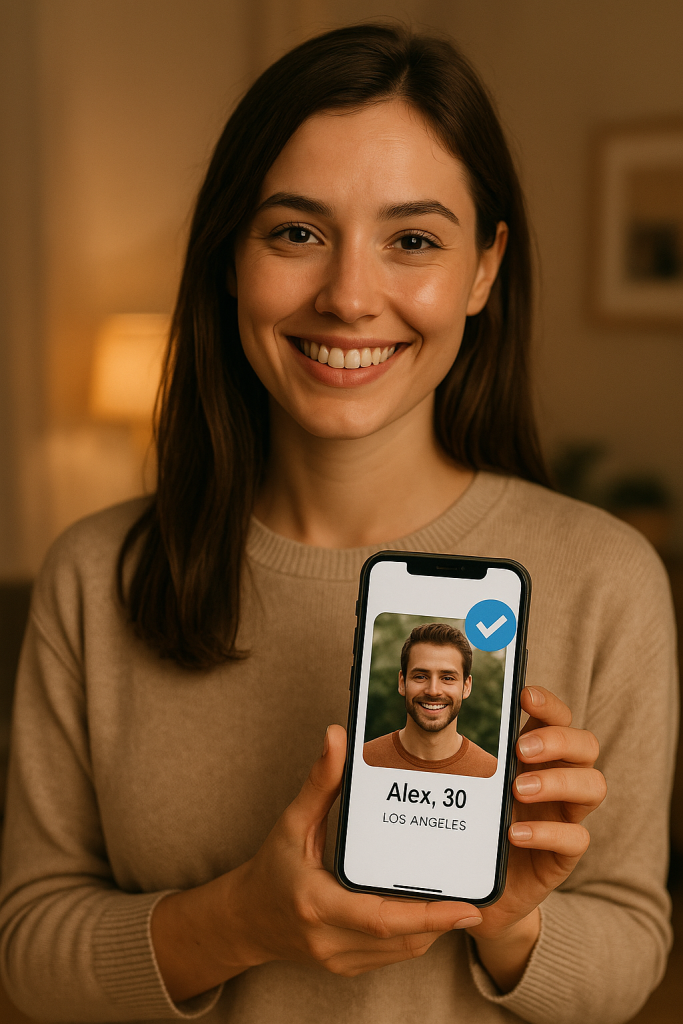
Swipe‑culture moves fast—so fast we sometimes forget that every profile represents a beating heart. Behind curated images and clever bios, people yearn for the same thing: to be met as they truly are, not as an algorithmic fantasy. The question is: how do we cultivate that level of realness in a space designed for rapid impressions?
Psychologists at the University of Essex have shown that exaggerating or falsifying online profiles correlates with lower long‑term relationship satisfaction. When a first date feels like a confession booth—”Actually, I don’t really run marathons”—anxiety overshadows chemistry. Masks may attract attention, but they sabotage trust.
wanted.love tackles this problem at its root by centering verification. Think of verification as a vulnerability filter: it blocks out bad actors while inviting in courageous communicators. Verified users signal three powerful messages: I respect community safety, I value accountability, and I’m ready for genuine connection. This triad turns initial chats into meaningful dialogues because suspicion no longer hogs the stage.
Consider Claire, an architect from Dublin, who once spent evenings agonizing over the perfect selfie angle. After reading wanted.love’s guide on safe dating, she verified her profile, then posted photos that showed her freckles rather than hiding them. “If someone dislikes freckles,” she wrote in her bio, “they’re free to keep scrolling.” Liam, a civil engineer who had verified the same week, replied in verse: “Freckles are constellations mapping summer sunsets.” Their story illustrates how verification can pivot focus from appearance perfection to authentic resonance.
Romance scammers despise verified spaces because accountability cripples their schemes. Europol estimates that verification lowers successful scam attempts by half, saving victims billions and—more importantly—preserving hope. wanted.love complements technical safeguards with educational nudges: articles, webinars, and friendly reminders that verification is a communal safety net.
Some worry that requiring verification reduces platform size, but data suggests the opposite. Communities with a critical mass of verified users experience higher engagement, longer conversations, and an eventual growth spurt: authenticity begets attraction. As trust flourishes, so does membership—a virtuous cycle of safety and expansion.
Verification also improves etiquette. Knowing your own face is on record discourages ghosting and breadcrumbing. Users feel humanized—less like avatars, more like neighbors at a café. This shift fosters deeper conversations about values, boundaries, and future dreams—topics that lead to real‑world connection instead of endless texting.
If you still hesitate, remember this: revealing that you are real does not obligate you to reveal everything. Verification is the handshake, not the life story. You remain in control of pacing, personal details, and emotional exposure. Think of it as meeting someone at a well‑lit restaurant before inviting them to your favorite secret sunset spot. Safety first, intimacy second—but both are enhanced by honesty.
Dating without masks is dating without constant fear of discovery. Verify your profile, embrace the relief of being known, and open the door to partnerships grounded in truth. The right person isn’t looking for a flawless résumé; they’re looking for a real companion. Show them you’re willing to be seen, and watch genuine attraction bloom.


